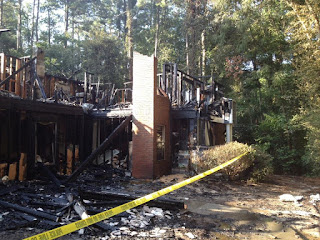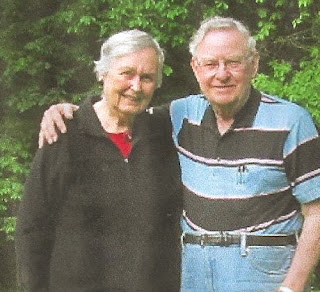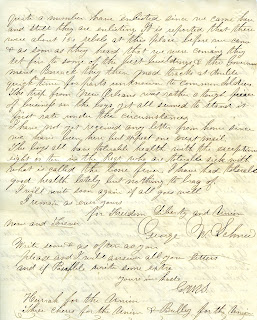The TriCity Genealogical Society had its Annual Meeting at
the Isla Bonita Mexican Restaurant on November 11, 2015. A recap of the year was
provided by reports of various Chairpersons. The 2016 approved budget was
announced, and a change to the By-Laws was discussed and unanimously approved.
The By-Law change changed our due structure to no longer have prorated dues. It
was announced that starting in January 2016 TriCity Genealogical Society
meetings will be held at Charbonneau Retirement Center.
The highlight of the meeting was the distribution of awards.
President, John Covey, gave Certificates of Recognition to members who worked
on the “Traveling Through Time” seminar that was held in September.
Certificates were given to Walt Wood, Sandra Floberg, Bill Floberg, Janis
Littlefield, Mary Kay Walker, Margaret Dunn, Art Kelly and Lawrence Clay. Jean
Alexander, Gigi Bare, and Susan Davis Faulkner will also be receiving certificates
for their work on the seminar but were not present at the Annual Meeting.
Certificates of Appreciation for work on the library renumbering project were
given to Dan Metzger and Linda Stephens. Mike McKinnon and Veronica Anguiano
will also be receiving certificates for their work on the library renumbering project
but were not present at the meeting. Special recognition was given to Margie
Beldin and Veronica Anguiano for the Washington State Genealogical Society
Outstanding Volunteer Awards that were presented to them at the Washington
State Genealogical Society Conference in June.
As the business of 2015 was brought to an end new officers
were elected by unanimous decision. The TriCity Genealogical Society President
will be Walt Wood and the Vice President will be Bill Floberg. Walt Wood is
bringing fresh ideas and energy to the Society and we are excited to catch his
vision for the future. Bill Floberg has served the Society for many years as
the Membership Chairperson, along with various as-needed jobs. We are honored
to have him step up to this new position.
 |
| Walt Wood - TCGS President |
 |
| Bill Floberg - TCGS Vice President |
Other new Committee Chairpersons are Lawrence and Corliss
Clay as Membership Chaircouple and Cody Allen as the Finance and Budget
Chairperson. All other positions will continue with their previous leadership
and are: Secretary, Mary Kay Walker; Treasurer, Margaret Dunn; Librarian,
Sandra Floberg; Website and Publications, Janis Littlefield; Research, Veronica
Anguiano; and Publicity, Susan Davis Faulkner.
We look forward to what this new blend of old and new Board
Members will bring to the TriCity Genealogical Society. If you have ideas or
questions, please don’t hesitate to let them be known.
~For pictures of the 2015 Annual Meeting go to the TriCity
Genealogical Society Facebook page at www.facebook.com/TriCityGenealogicalSociety
~






























